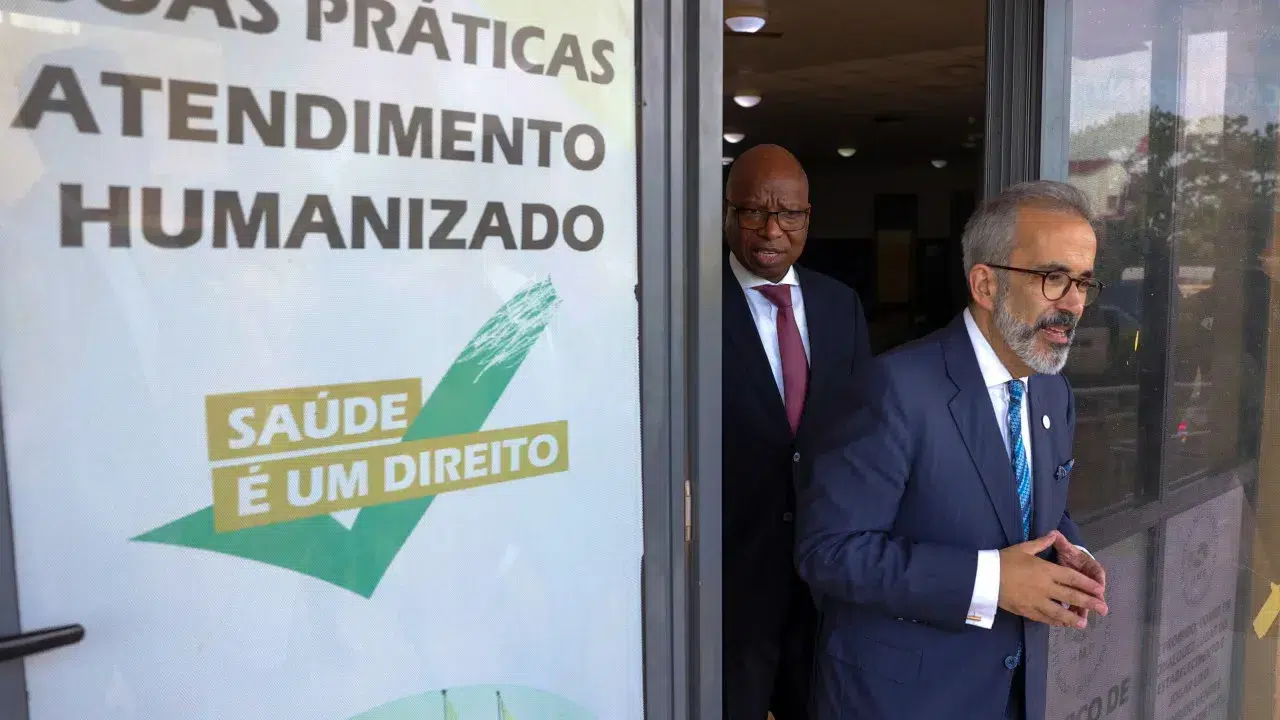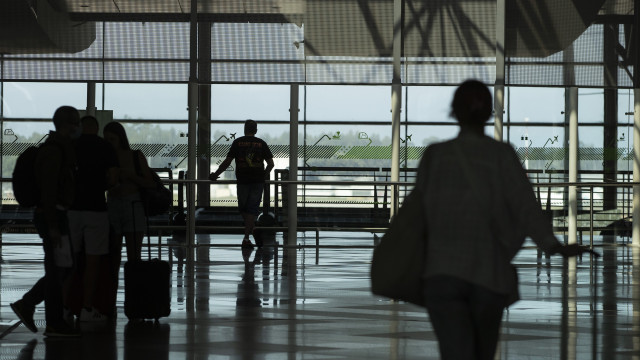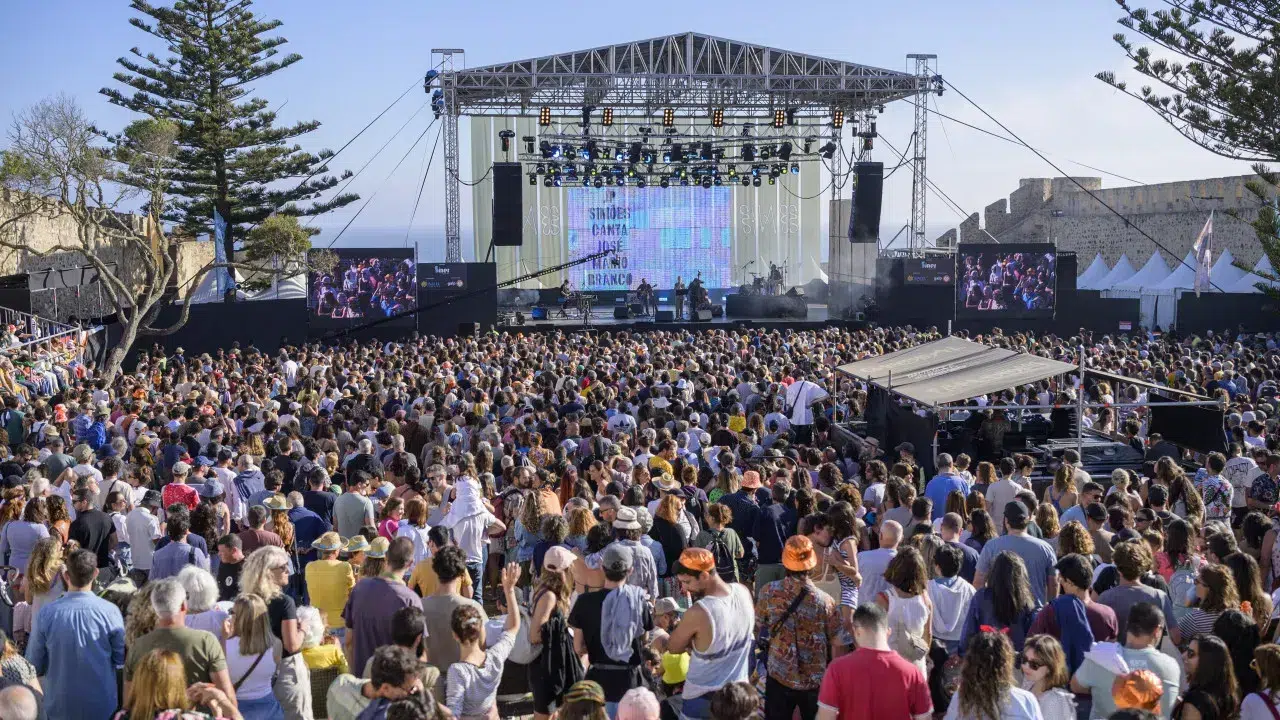
Paulo Rangel, attending the Community of Portuguese Language Countries (CPLP) summit in Bissau, where mobility among citizens of Portuguese-speaking nations is being discussed, stated that “even in the package of laws that are being approved and that have been approved and even promulgated, CPLP citizens always have preferential treatment, as a result of the Constitution.”
During a visit to the Military Hospital in Guinea-Bissau, Rangel mentioned that Portugal has made “a very important change because the CPLP visas that existed restricted CPLP citizens to the national territory [Portuguese].”
Currently, “they are once again eligible for Schengen visas,” granting access to an area of free movement in Europe, he added.
“I am certain that any problem that might exist or arise, or any concern—some of them, sincerely, I believe are unfounded—but, if there is any problem, we are here to address it,” he stated, concluding, “The idea of CPLP mobility is a priority for this government and the Portuguese state. I see no clouds on the horizon here.”
The foreign nationals law, approved on Wednesday, modifies the entry of Portuguese-speaking citizens into Portugal, requiring them to apply for a work or residence visa at their point of origin to obtain residence authorization.
Currently, Timorese and Brazilians may enter Portugal as tourists without a visa and then apply for residence authorization. For other community citizens, they must present tourist visas upon entry into the country and subsequently request residence authorizations.
If this law is promulgated by the President, all CPLP citizens will need a visa to enter Portugal, even for tourism (except for Timorese and Brazilians).
Earlier this month, the Brazilian Minister of Justice stated that any potential visa restrictions for Brazilian citizens by Portugal would result in reciprocal measures for Portuguese citizens in Brazil.
Brazilian Ambassador Carlos Sérgio Sobral Duarte, Secretary of Africa and the Middle East at Brazil’s Ministry of Foreign Affairs, leading the Brazilian delegation at the CPLP summit, declared that the “Brazilian government is closely monitoring the regulatory changes made by Portugal in the migration area,” as “Portugal hosts the second largest Brazilian community abroad.”
Paulo Rangel also participates in the CPLP summit, taking place in the capital of Guinea-Bissau, a country assuming the organization’s presidency for two years, succeeding São Tomé and Príncipe.
The summit of heads of state and government is scheduled for this Friday, preceded by other initiatives such as the focal points meeting, the Food Security Council, the Permanent Consultation Committee at the ambassador level, and the Council of Ministers, which gathers foreign affairs heads.
The CPLP comprises Angola, Brazil, Cape Verde, Guinea-Bissau, Equatorial Guinea, Mozambique, Portugal, São Tomé and Príncipe, and Timor-Leste.




